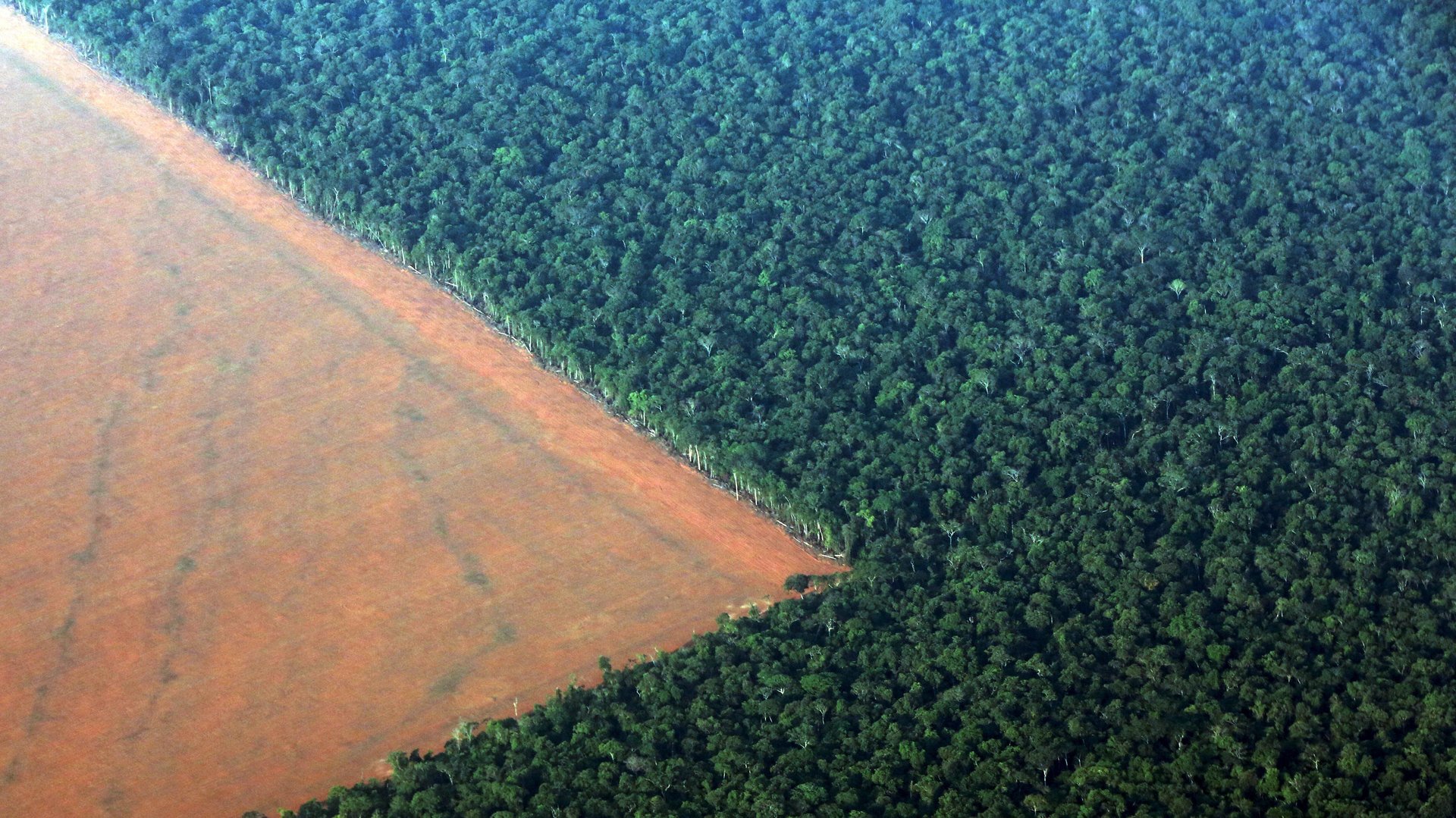There’s a way to create environmental policy that doesn’t unfairly target the poor
France’s violent protests in response to President Macron’s proposed fuel tax are a real-world manifestation of a problem economists have long grappled with: it’s not easy to create environmental policies that don’t exacerbate inequality.


France’s violent protests in response to President Macron’s proposed fuel tax are a real-world manifestation of a problem economists have long grappled with: it’s not easy to create environmental policies that don’t exacerbate inequality.
For the past few weeks, “yellow vest” protestors raged against fuel-tax increases in France, arguing that they’re unfair policies that make the lives of the poor harder. They’re not wrong. “Many people understand fuel taxes as regressive as they place a greater burden on low-income people,” says Matthew Kotchen, professor of environmental economics at Yale University. Though a tax may be the same number of dollars (or euros) for both rich and poor, it has a significantly greater impact on those with lower incomes, as it takes up a greater share of their wealth. “The rich tend not to feel the effects so strongly,” says Kotchen.
The problem is further exacerbated in cities such as Paris, where the wealthy tend to live in the city and have access to public transport, whereas the less well-off are in the suburbs and more dependent on cars, and thus fuel, for getting around.
And so, to create sophisticated and effective environmental policies, it’s necessary to consider how to tackle environment and inequality together, rather than addressing them both independently. “It’s important if you have any views about what’s fair,” says Kotchen. But even if you don’t—if you only care about the environment—you should consider the political impact. “As France shows, if you don’t make the political case, the consequences can make it more difficult to implement [environmental policies,]” adds Kotchen. “You have to have buy-in from the population.”
So how to create political fair environmental policy? Eli Fenichel, professor at Yale’s school of forestry and environmental policy, points to Nobel laureate Amartya Sen’s work on creating ethical cost-benefit analyses for guidance. Sen argues that, with any decision that benefits some but leaves others worse off, the winners should try to compensate the losers.
Though environmental policies may benefit us all in the long run, there will always be some people who suffer. As an example, Fenichel notes that most people will be better off if we don’t cut down trees in the Amazon. But the person in Brazil currently paid to cut down those trees will lose their job, and that’s a significant cost. “Does the global community bring that person along or leave that person behind?” Fenichel says we should be asking. “Why do people get counted and not counted?”
One clear-cut way to help those who bear the brunt of environmental policies is to offset the financial impact with tax cuts in other areas. Wolfram Schlenker, professor at the school of international and public affairs at Columbia University, points to British Columbia as a successful example of this approach: The impact of the province’s taxes on fuel and carbon emissions on the poor was offset by income tax reductions, particularly for those in the lower two tax brackets. Overall, citizens ended up paying less in taxes. Similarly, Schlenker says, when Germany introduced energy taxes in 1998, it offset these with reductions in payroll taxes, making it cheaper for companies to hire, improving the market for job seekers.
But redistributing the benefits of environmental policies can be complicated—not least because, more than anyone else, it’s future generations who are primarily expected to reap the resulting rewards. Or, as Fenichel puts it, “The beneficiaries and those who are hurt by a policy are often separated by time and space.”
Requiring those living in the future to share their benefits with those living in the present may sound far-fetched, but it’s not impossible. After all, Fenichel says, we essentially trade with future selves every time we take out a loan. Perhaps we could generate benefits today in the form of government loans given to those harmed by today’s environmental policies, that wouldn’t have to be paid off for decades and so would be paid off by the great-grandchildren of people living today. Though, Fenichel says, “heaping debt onto the future” comes with its own ethical issues. “It’s hard and it requires real tradeoffs,” he adds.
There are no easy solutions. Fenichel notes that a “lot of really smart people” have been pondering this problem extensively, and haven’t come up with the perfect answer. “We should be a little skeptical of quick fixes,” he adds. But there are certainly ways that inequality and environmental policies can be considered alongside each other. And environmentally-friendly policies needn’t be predominantly paid for by the poor.